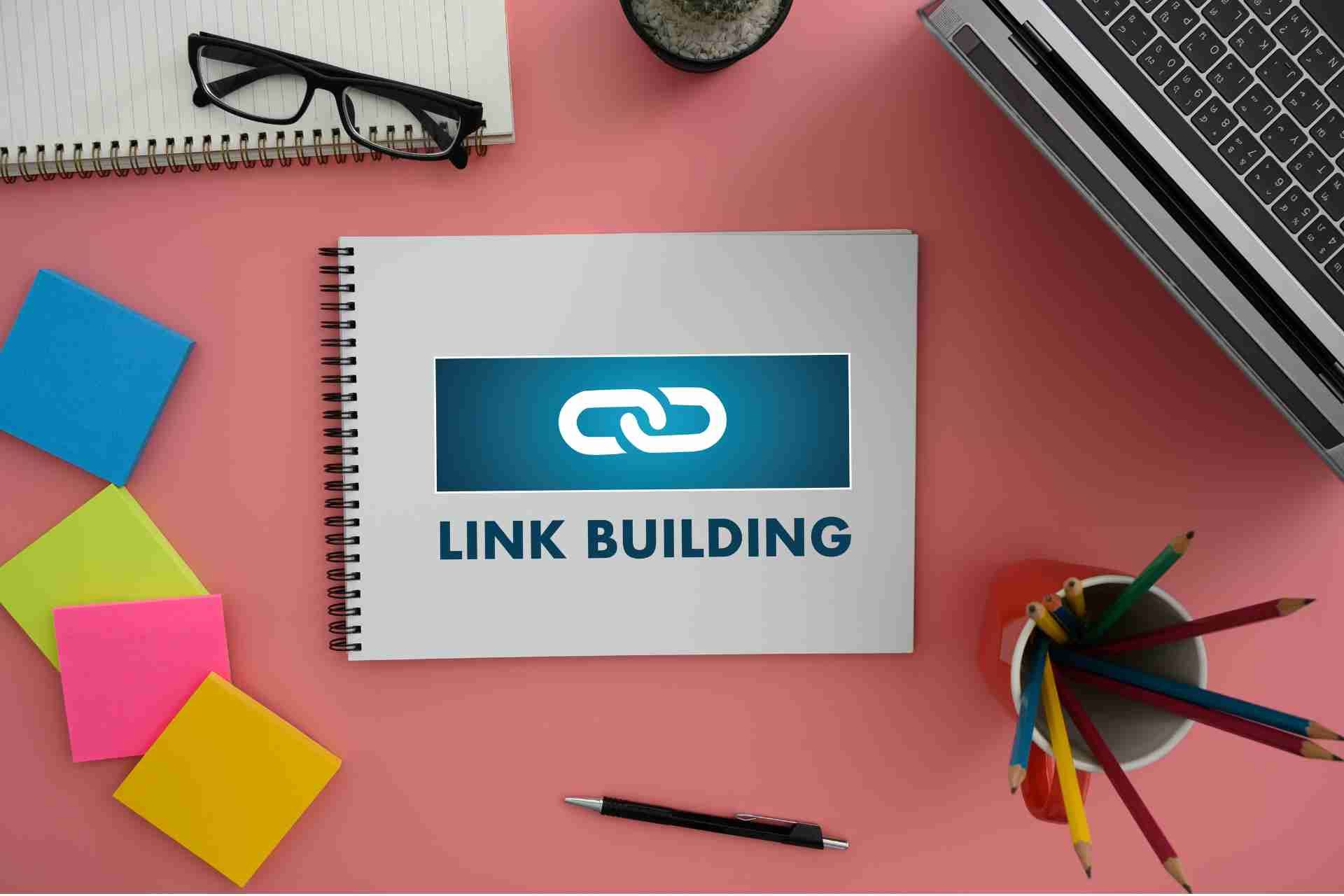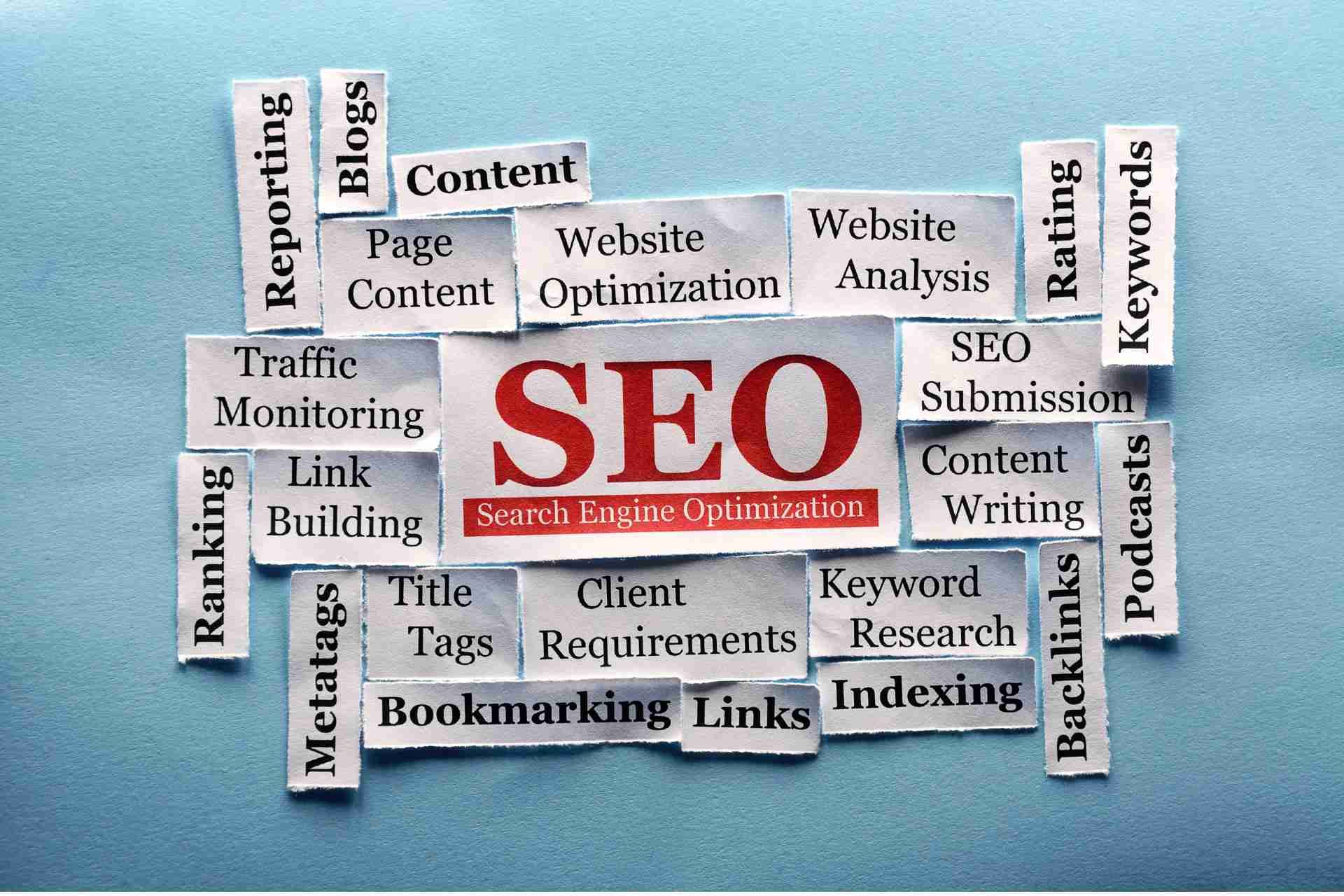Common Link Building Mistakes to Avoid

When it comes to link building, you might think that more links equal better results. But that's a common mistake. Focusing solely on quantity can hurt your site's credibility. You also need to consider relevance and context. Ignoring these factors can lead to missed opportunities. Curious about other pitfalls that could be affecting your SEO strategy? Let's explore some mistakes you definitely want to avoid.
Focusing on Quantity Over Quality
When it comes to link building, many marketers make the mistake of prioritizing quantity over quality. You might think that having hundreds of backlinks from various sources will boost your site's authority, but that's a common misconception.
Focusing on the number of links can lead you to compromise on the relevance and trustworthiness of those sources. Instead, aim for a few high-quality links from reputable websites within your niche.
This approach not only improves your site's SEO but also enhances your brand's credibility. Quality links drive targeted traffic, helping you connect with your audience more effectively.
Ignoring Relevance and Context
While you may be tempted to pursue links from any source that offers them, ignoring relevance and context can seriously undermine your link building efforts.
When you acquire links from unrelated sites, you risk confusing search engines about your content's focus. This can dilute your authority and lead to poor rankings. Always prioritize links from websites that share a similar niche or audience. Not only does this enhance your credibility, but it also attracts more targeted traffic.
Additionally, consider the context in which your link appears. A relevant link within a related article carries more weight than a random mention. By focusing on contextual relevance, you'll establish stronger connections and improve your overall SEO performance.
Neglecting Anchor Text Diversity
Links from relevant sites are vital, but how you present those links matters just as much. Neglecting anchor text diversity can hurt your SEO efforts.
If you always use the same phrases, search engines might see your strategy as manipulative, leading to penalties. Instead, mix it up! Use branded terms, generic phrases, and exact match keywords to create a natural link profile.
This approach not only looks organic to search engines but also enhances user experience by providing context about the linked content. Remember, variety keeps your audience engaged and helps you rank better.
Overlooking Broken Links
Ignoring broken links can significantly undermine your website's credibility and user experience. When visitors encounter dead links, they're likely to leave your site, leading to higher bounce rates. This not only frustrates users but also sends negative signals to search engines about your site's quality.
To avoid this mistake, regularly check for broken links on your site and in your backlink profile. Use tools like Google Search Console or specialized software to identify and fix these issues promptly.
By maintaining a healthy link profile, you enhance user satisfaction and boost your SEO efforts. Remember, a well-maintained site reflects your commitment to quality, making it essential to address broken links consistently.
Don't let these overlooked issues tarnish your online reputation!
Failing to Monitor and Analyze Backlinks
One of the biggest pitfalls in link building is failing to monitor and analyze backlinks regularly. If you don't keep an eye on your backlinks, you might miss valuable insights about your link profile.
Regular analysis helps you identify which links drive traffic and which might be hurting your SEO. You could be unknowingly linked to spammy sites, risking your domain authority.
Use tools like Google Search Console and Ahrefs to track your backlinks' performance. This way, you can spot trends, remove toxic links, and discover new opportunities.
Monitoring also allows you to assess the effectiveness of your link-building strategies. By staying proactive, you'll ensure your backlink profile remains strong and contributes positively to your overall SEO efforts.
Conclusion
To boost your link building efforts, steer clear of these common mistakes. Prioritize quality over quantity, ensure your links are contextually relevant, and diversify your anchor text. Don't forget to fix broken links and keep an eye on your backlink profile. By avoiding these pitfalls, you'll strengthen your SEO strategy and enhance your website's authority. Stay proactive and informed, and you'll see the positive impact on your online presence.






